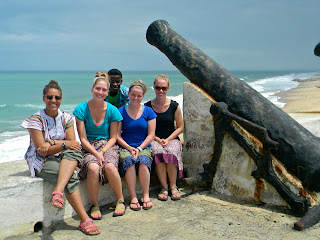Heading into my summer internship, my plan was to become a dental hygienist. Some of the factors that made my view change are the role of a dental hygienist, variety, and human anatomy involved in oral surgery. The first day I went in to my job, I was with Dr. Healy and his staff. I shadowed the dental hygienist first because of my interest in this field. After watching the hygienist clean tooth after tooth, I realized this was not something I would love to do. They have the same routine every day. I do not think it would take long for me to become bored of this schedule. My first day at the oral surgeon's office was far more exciting! I love the variety involved in oral surgery. What I mean by this is there are some surgeries like wisdom teeth removal and implants that are most common; although I have learned from working in oral surgery that you never know what case is going to come through the door next. The variety in the office consisted of: removing third molars, extracting teeth, taking tissue and object biopsies, implants, sinus clearing, nose reshaping, suture removal, and different people. Lastly, my favorite class on BYU campus has been human anatomy, which I have been able to apply to oral surgery on a daily basis. I now want to be a surgical assistant because I simply love being there and doing the tasks that come with the job description.
I had a fabulous time at my internship and if you're on the fence about doing one, hop on over and try it! Not only did I learn what I wanted to do, but I learned what I do not want to do. If I had not taken this opportunity I would have made a big mistake in becoming a dental hygienist. There is no better way to see if the occupation you have chosen is the right one for you, then to go out and participate in the work.
For more information of OMS of Utah visit http://www.omsofutah.com/index.asp
















